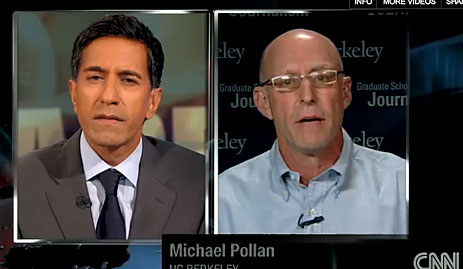The National Wildlife Federation has been a leader in pressing the federal government to hold BP and other parties fully accountable for the Gulf disaster. While attention has been focused on the oil spilled, NWF joined NRDC today in writing a letter [PDF] to Eric Holder, asking the U.S. attorney general to also consider the impact of the well’s discharged gases as well as oil.
Why are those gases, like methane, butane, and propane so important? When calculated in equivalent units of weight, the magnitude of discharged oil plus gas is equal to one and a half times the oil alone. In other words, if 172 million gallons (4.1 million barrels) of oil were discharged into U.S. waters, the total discharge in barrel of oil equivalents (oil plus gas) was actually more than 252 million gallons (6 million barrels).
Here’s John Kostyack, NWF’s executive director for wildlife conservation and global warming, on why that’s so critical:
To hold BP fully accountable for the impacts of the Gulf disaster, the Department of Justice needs to calculate civil penalties by combining both the oil and gas discharges –- a total that’s 50 percent higher than the oil alone. While the public’s attention has been focused mainly on oil, both the Oil Pollution Act & Clean Water Act make it clear that penalties should consider both oil and gas.
The discharged gases could have serious impacts on the Gulf’s marine life. “So much of the gases will dissolve into the water before reaching the surface,” said Dr. Ian MacDonald, professor of oceanography at Florida State University. “These effects may include neurological damage and death for fish and other marine life.”
Reports have indicated microbes are breaking down some of the subsurface oil in the Gulf. Will they attack dissolved gases like methane and propane?
“Even if microbes work to degrade the hydrocarbon gases, they’ll be competing for oxygen and other nutrients with microbes attacking oil,” said Dr. Lisa Suatoni, senior scientist with NRDC’s Oceans Program. “That could significantly affect the overall degradation process.”
You can count on the National Wildlife Federation to continue working to hold BP & other parties accountable for the full impacts of the Gulf disaster on people, wildlife, and habitats.
For all the latest news on how the oil spill is impacting the Gulf Coast’s wildlife & to learn how you can help, visit NWF.org/OilSpill.



